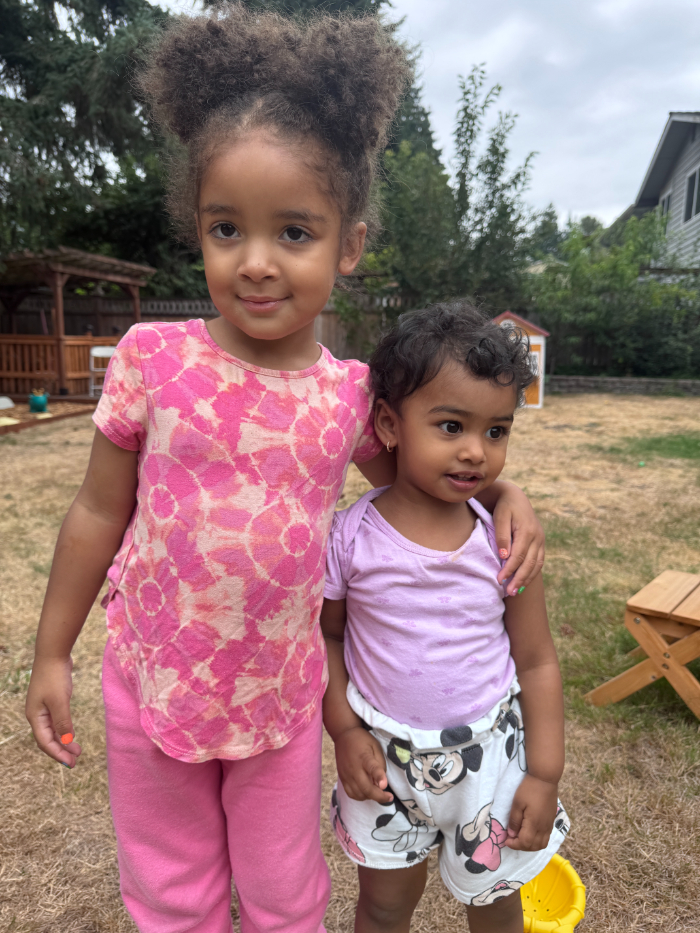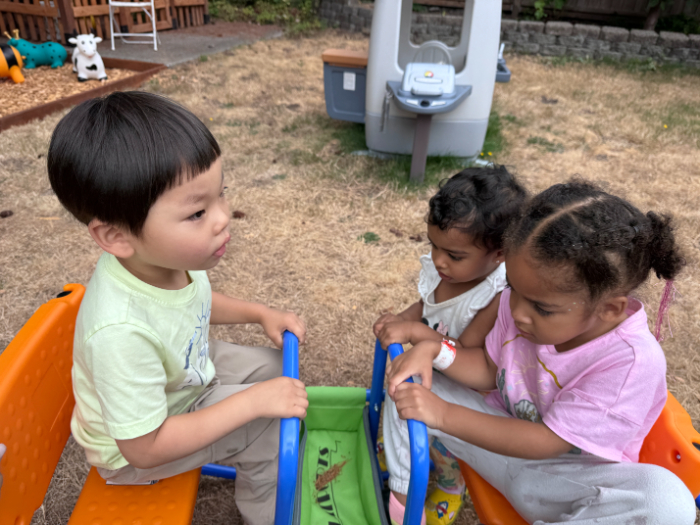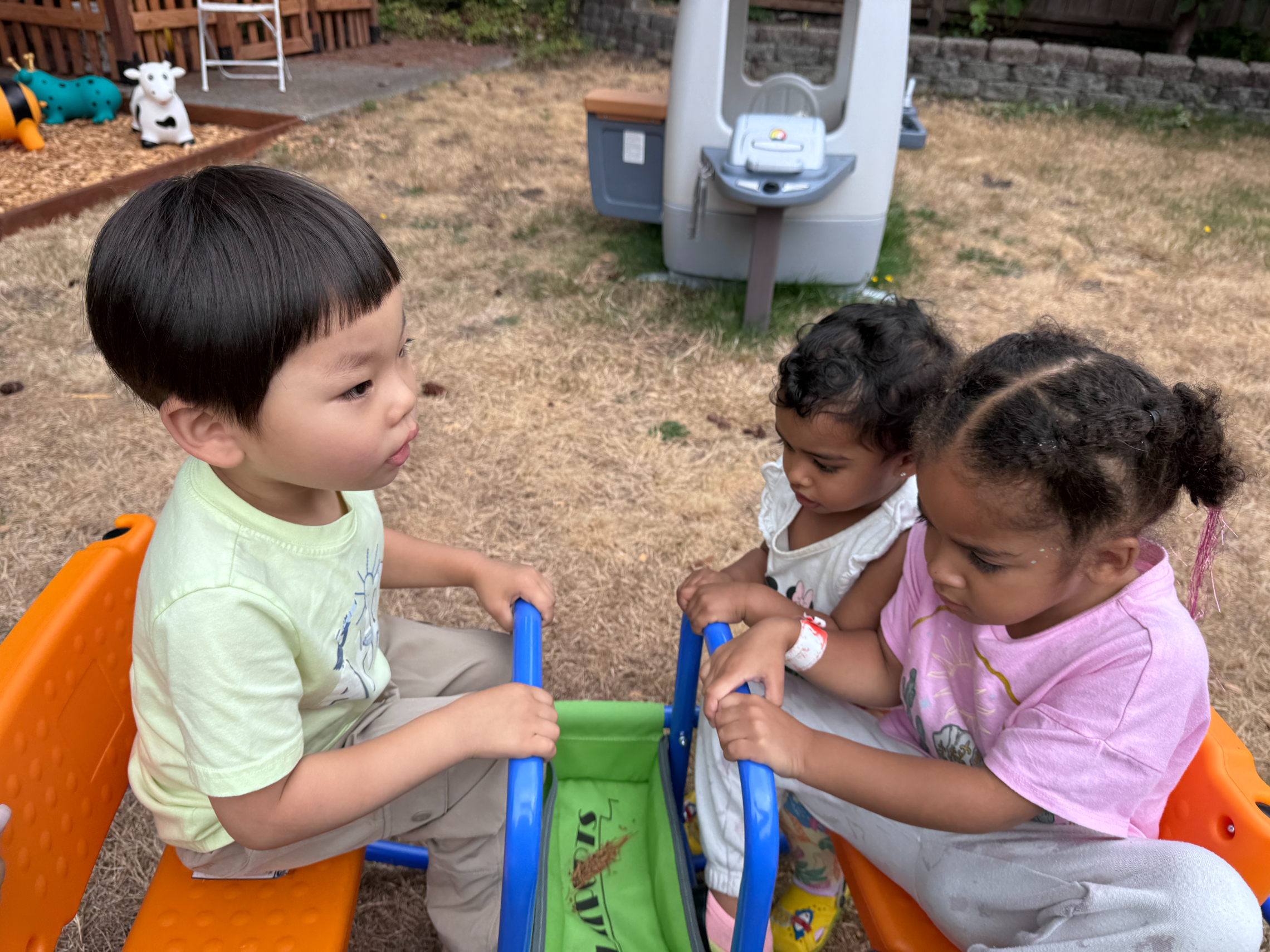Volunteering in early childhood programs offers a unique opportunity to shape young minds, build community connections, and gain valuable skills. From reading stories to toddlers to supporting preschool activities, volunteers play a vital role in fostering child development and creating inclusive environments. This guide explores the benefits, roles, and steps to get started in childcare volunteering, empowering you to make a lasting impact. Read on to discover how you can contribute to your local early childhood community and why it matters.
Why Volunteering in Early Childhood Matters
Volunteering in early childhood programs, such as daycare centers or preschools, is more than just giving time—it’s an investment in children, volunteers, and the community. These programs serve infants to preschoolers, creating foundational experiences that shape lifelong learning and development.
Impact on Child Development
Volunteers provide critical support in fostering cognitive, social, and emotional growth. For example, engaging toddlers in storytelling enhances language skills, while play-based activities promote creativity and problem-solving. Research shows that positive adult interactions in early years improve academic readiness and social skills, setting children up for success.
Benefits for Volunteers
Childcare volunteering offers personal and professional growth. Volunteers develop skills like communication, patience, and teamwork, which are valuable in daycare careers or other fields. Emotionally, forming bonds with young children brings fulfillment and a sense of purpose. Many volunteers also build networks with educators and parents, opening doors to future opportunities.
Strengthening Community Ties
By volunteering, you contribute to a stronger early childhood community. Your involvement creates inclusive, supportive spaces where families and educators collaborate. This strengthens local ties, ensuring childcare programs thrive and children feel valued.

Types of Volunteer Roles in Early Childhood Programs
Volunteers in early childhood programs take on diverse roles, each contributing uniquely to child development and program success. Below is a table outlining common roles and their impact.
| Volunteer Role | Key Tasks | Skills Needed | Impact |
|---|---|---|---|
| Reading/Storytelling | Reading books, engaging children | Communication, patience | Boosts literacy, sparks imagination |
| Activity Support | Leading crafts, games, or outdoor play | Creativity, teamwork | Enhances motor and social skills |
| Administrative Support | Organizing supplies, scheduling | Organization, attention to detail | Streamlines program operations |
| Event Support | Planning/supervising events or trips | Leadership, coordination | Creates memorable experiences |
Reading and Storytelling
Reading to infants and toddlers fosters early literacy and language development. Volunteers use expressive storytelling to captivate young audiences, encouraging a love for books.
Activity and Play Support
Volunteers assist with preschooler activities like arts, crafts, or outdoor games. These tasks promote physical development and social skills, making playtime both fun and educational.
Administrative and Organizational Support
Behind-the-scenes roles, such as organizing materials or updating schedules, help childcare staff focus on teaching. These tasks ensure smooth program operations.
Special Events and Field Trips
Volunteers shine during events like holiday parties or field trips, creating joyful experiences for children. These roles require energy and coordination to ensure safety and engagement.
Skills and Qualifications for Childcare Volunteering
Volunteering in early childhood programs requires a blend of soft skills and basic qualifications to ensure a safe and effective experience.
Essential Skills for Volunteers
Key skills include patience, clear communication, and adaptability. Volunteers must engage young children with empathy, manage group dynamics, and collaborate with staff. Creativity is a bonus, especially for activity-based roles.
Background Checks and Training
Most programs require background checks to ensure child safety. Some offer training on child development, safety protocols, or program-specific guidelines. No formal education is typically needed, making volunteering accessible to many.

How to Get Started as a Volunteer
Ready to dive into childcare volunteering? Follow these steps to find and succeed in your role.
Finding Local Opportunities
Search for volunteer roles at local daycares, preschools, or community centers. Online platforms, bulletin boards, or local nonprofits often list toddler volunteer roles or preschooler activities. Contact programs directly to inquire about needs.
Preparing for Your Role
Research the program’s mission and policies. Familiarize yourself with child safety guidelines and prepare engaging activities, like a story or craft idea. Attend any required training sessions to build confidence.
Tips for a Successful Volunteer Experience
- Build Rapport: Connect with children through smiles, active listening, and enthusiasm.
- Communicate: Check in with staff for guidance and feedback.
- Be Flexible: Adapt to changing needs, like switching from reading to activity support.
- Stay Committed: Consistency helps children feel secure and builds trust.
Checklist for New Volunteers:
- Research the program’s goals and values.
- Complete background checks or training.
- Prepare age-appropriate activities.
- Communicate regularly with program staff.
Challenges and Solutions in Childcare Volunteering
Volunteering isn’t without challenges, but with the right approach, you can overcome them.
Common Challenges
- Managing Behaviors: Young children may be shy or disruptive, which can feel overwhelming.
- Time Commitment: Balancing volunteering with personal schedules can be tough.
- Lack of Experience: New volunteers may feel unsure about engaging children effectively.
Strategies to Overcome Them
- Behavior Management: Observe staff techniques and use positive reinforcement, like praise for good behavior.
- Time Management: Set realistic schedules and communicate availability upfront.
- Build Confidence: Attend training or shadow experienced volunteers to learn best practices.
The Long-Term Impact of Volunteering
Volunteering in early childhood programs creates ripple effects that benefit children, volunteers, and communities over time.
On Children
Consistent volunteer support enhances social skills, confidence, and academic readiness. For example, regular storytelling can improve vocabulary by up to 20%, according to child development studies.
On Volunteers
Volunteers gain transferable skills, such as leadership and communication, that can lead to daycare careers or other professional paths. The emotional rewards of helping children grow also boost personal well-being.
On the Community
Volunteers strengthen community bonds by supporting local childcare programs. This fosters trust, collaboration, and a shared commitment to nurturing young learners.
Kido Heaven: Your Partner in Early Childhood Care
At Kido Heaven (Daycare Bothell), we’re passionate about creating nurturing environments for young learners. Our programs prioritize child development and community involvement, offering opportunities for volunteers to make a meaningful impact. Whether you’re interested in supporting infants or preschoolers, Kido Heaven (Child Care Bothell) welcomes dedicated individuals to join our mission. Contact us today to explore volunteer roles and help shape the future of our early childhood community.
Why KidoHeaven Stands Out
✅ Licensed in Washington State
✅ Aligned with Early Achievers standards
✅ Working Connections subsidy accepted
✅ Daily updates via Brightwheel
✅ Located in Bothell, serving Mill Creek, Lynnwood & nearby areas
✅ Nutritious snacks, safe outdoor space, & positive mealtime routines
📞 Call 206-734-2040 to schedule a tour
🌐 Enroll now
Follow Our Mealtime Moments
Stay updated with more beautiful outdoor meals and daily learning routines on:
Instagram | Facebook | Nextdoor | Yelp | Winnie | YouTube | Upwards
FAQ
1. What qualifications do I need to volunteer in childcare?
No formal qualifications are typically required, but background checks and basic training may be needed. Patience and enthusiasm are key.
2. How much time should I commit to volunteering?
Commitments vary, from a few hours weekly to monthly events. Discuss expectations with the program.
3. Can volunteering lead to a career in early childhood education?
Yes, volunteering builds skills and connections that can open doors to daycare careers or teaching roles.
4. What are the most rewarding aspects of childcare volunteering?
Forming bonds with children, seeing their growth, and contributing to the community are deeply fulfilling.
5. How do I find volunteer opportunities in my area?
Check local daycares, community centers, or online platforms for childcare volunteering opportunities.



